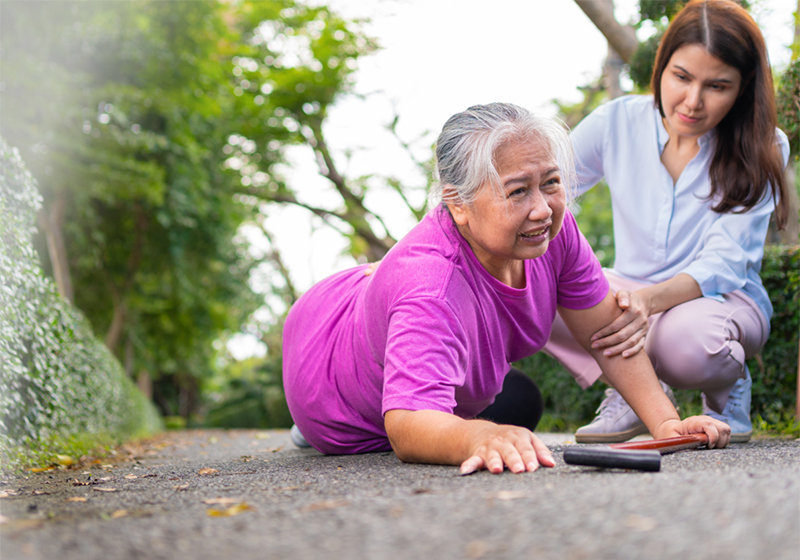Falls are one of the leading causes of injury, especially among older adults. Fortunately, many falls can be prevented by making simple changes to your home and lifestyle. Whether you or a loved one are at risk, this guide will help you create a safer living environment.

Preventing Falls at Home: A Simple Guide to Staying Safe
Why Preventing Falls Matters
A fall can lead to serious injuries, reduced mobility, and loss of independence. By taking proactive steps, you can significantly lower the risk and continue to live confidently in your home.
ShapeCommon causes of falls:
How to Make Your Home Safer
1. Keep Walkways Clear
2. Improve Lighting
3. Secure Slippery Surfaces
4. Install Safety Features
5. Strengthen Your Body
6. Manage Medications
7. Be Mindful of Stairs
8. Plan for Emergencies
Final Thoughts
Falls at home can be prevented with simple adjustments and proactive habits. By making your living space safer and taking care of your overall health, you can maintain independence and reduce the risk of injury.
